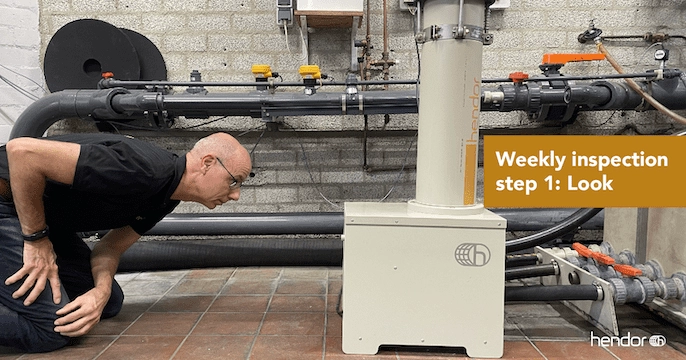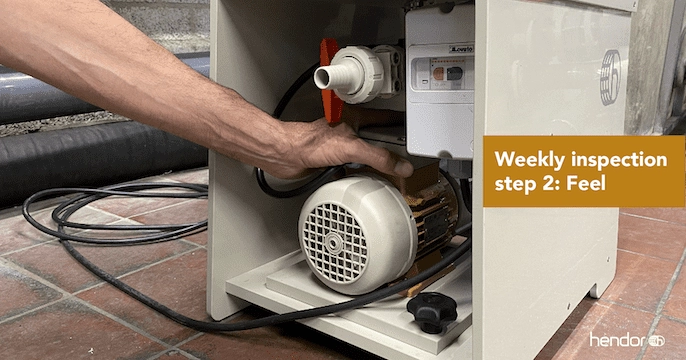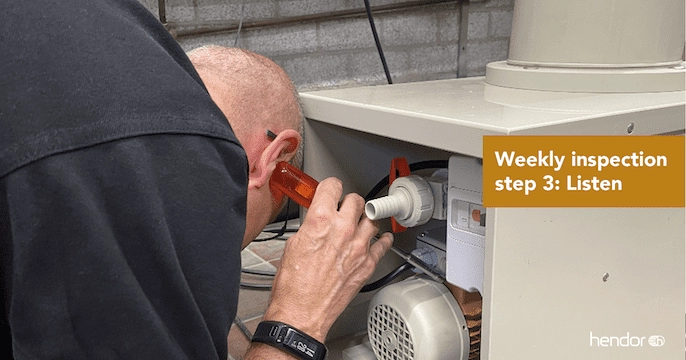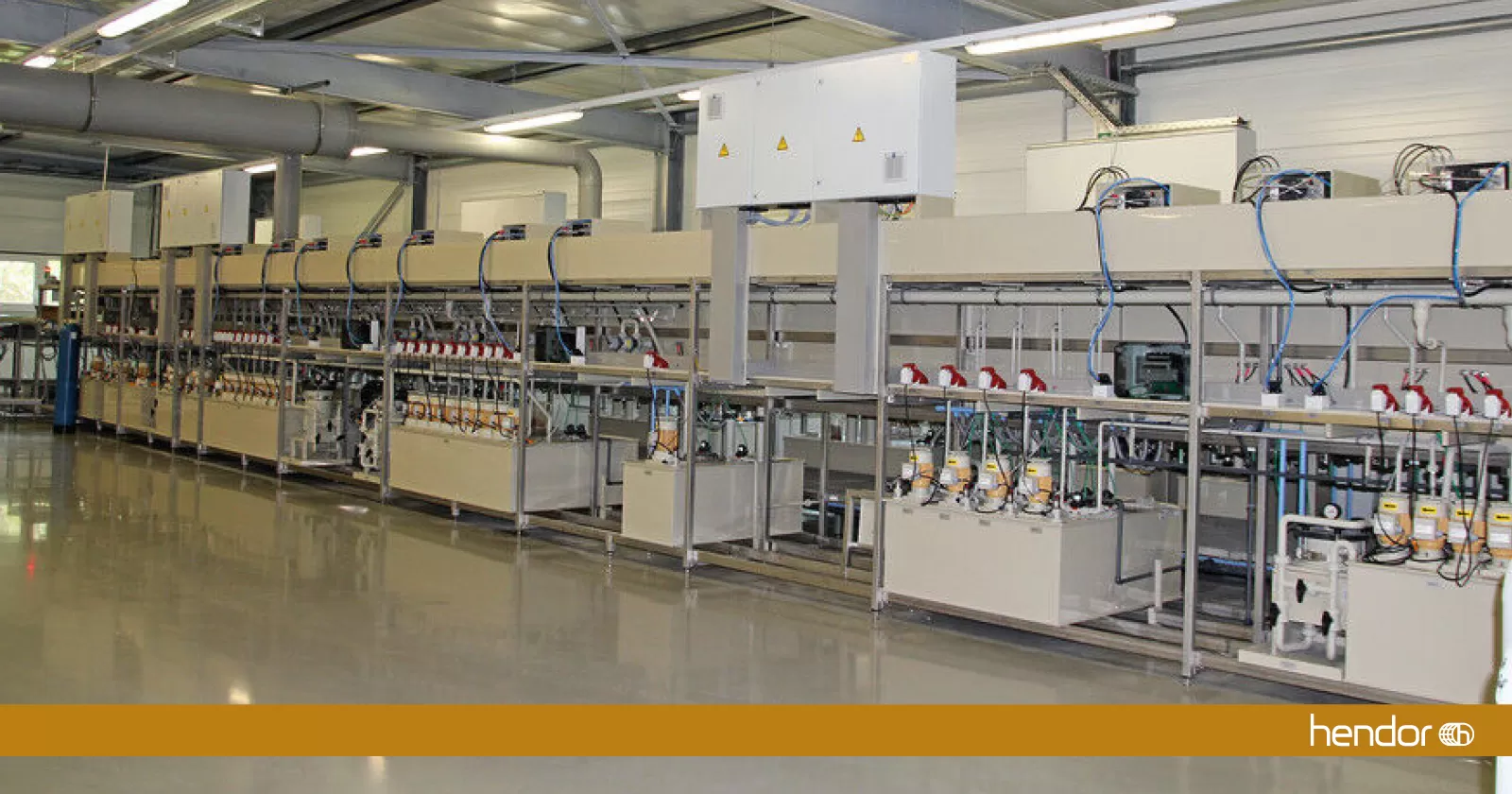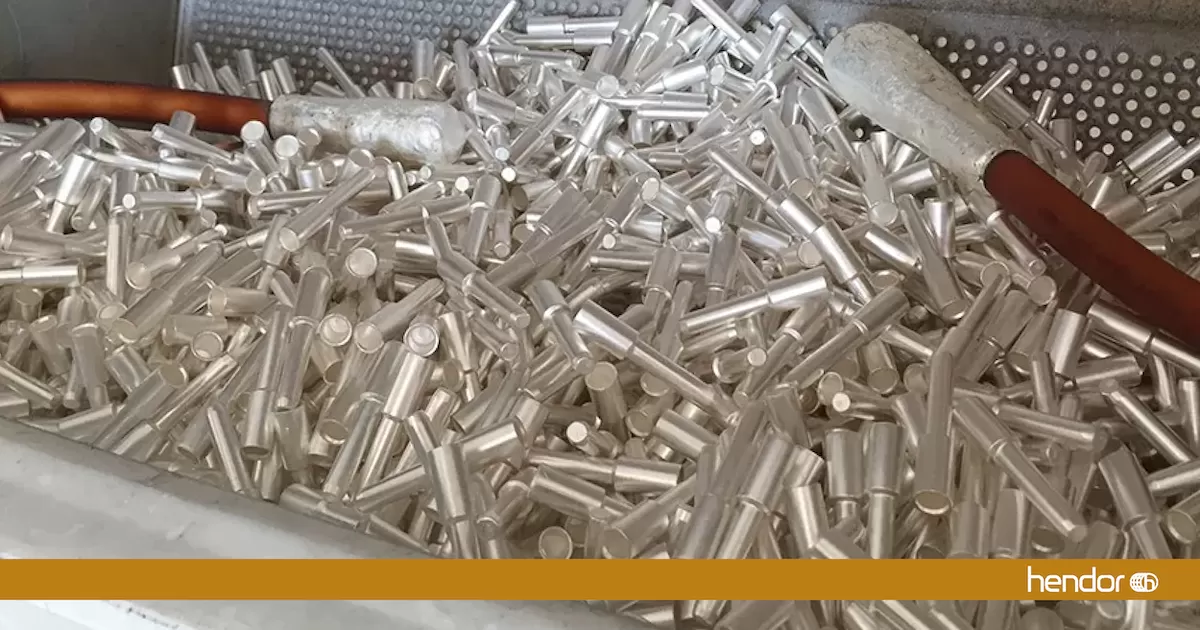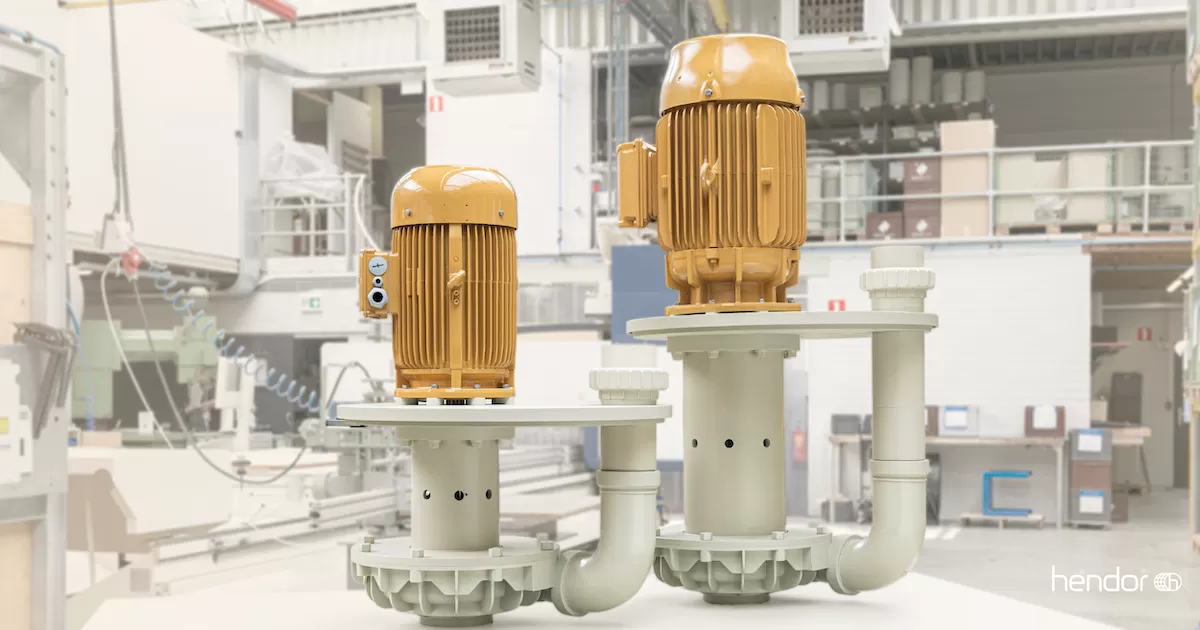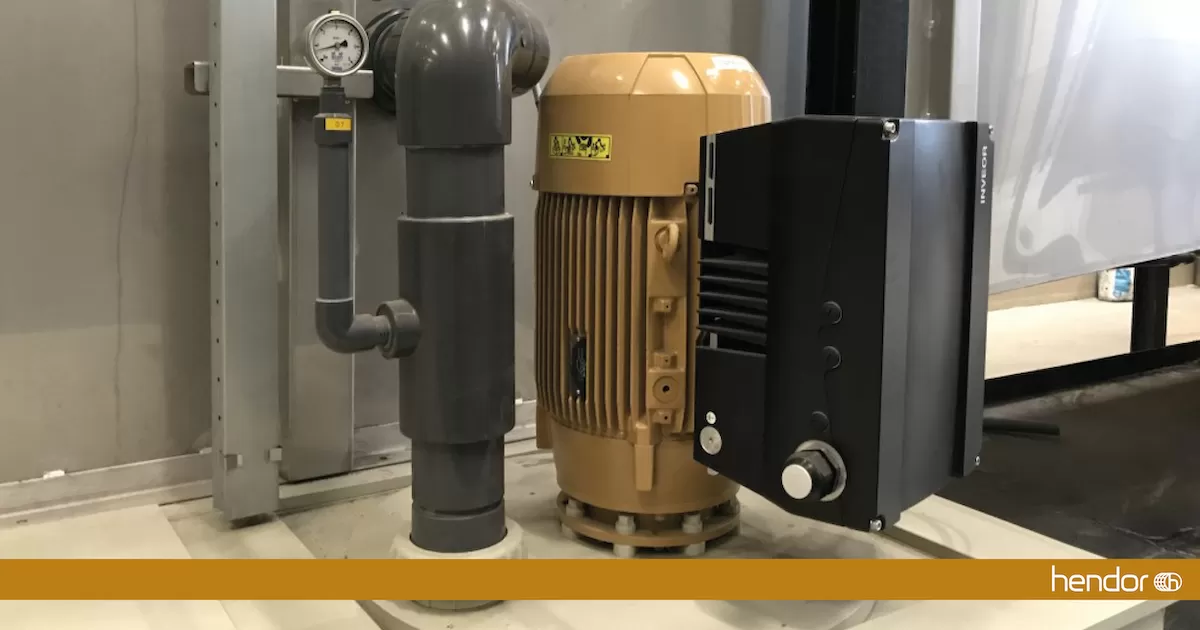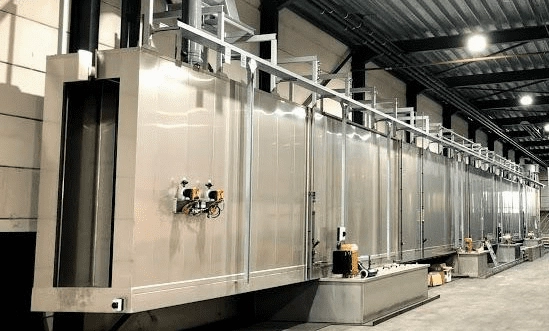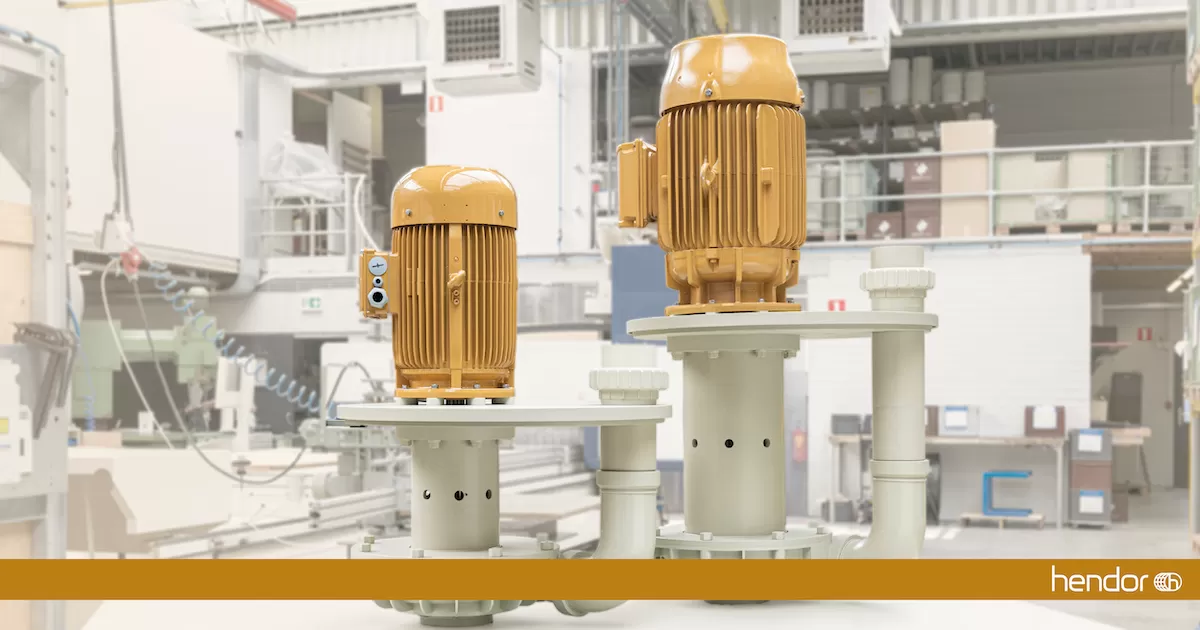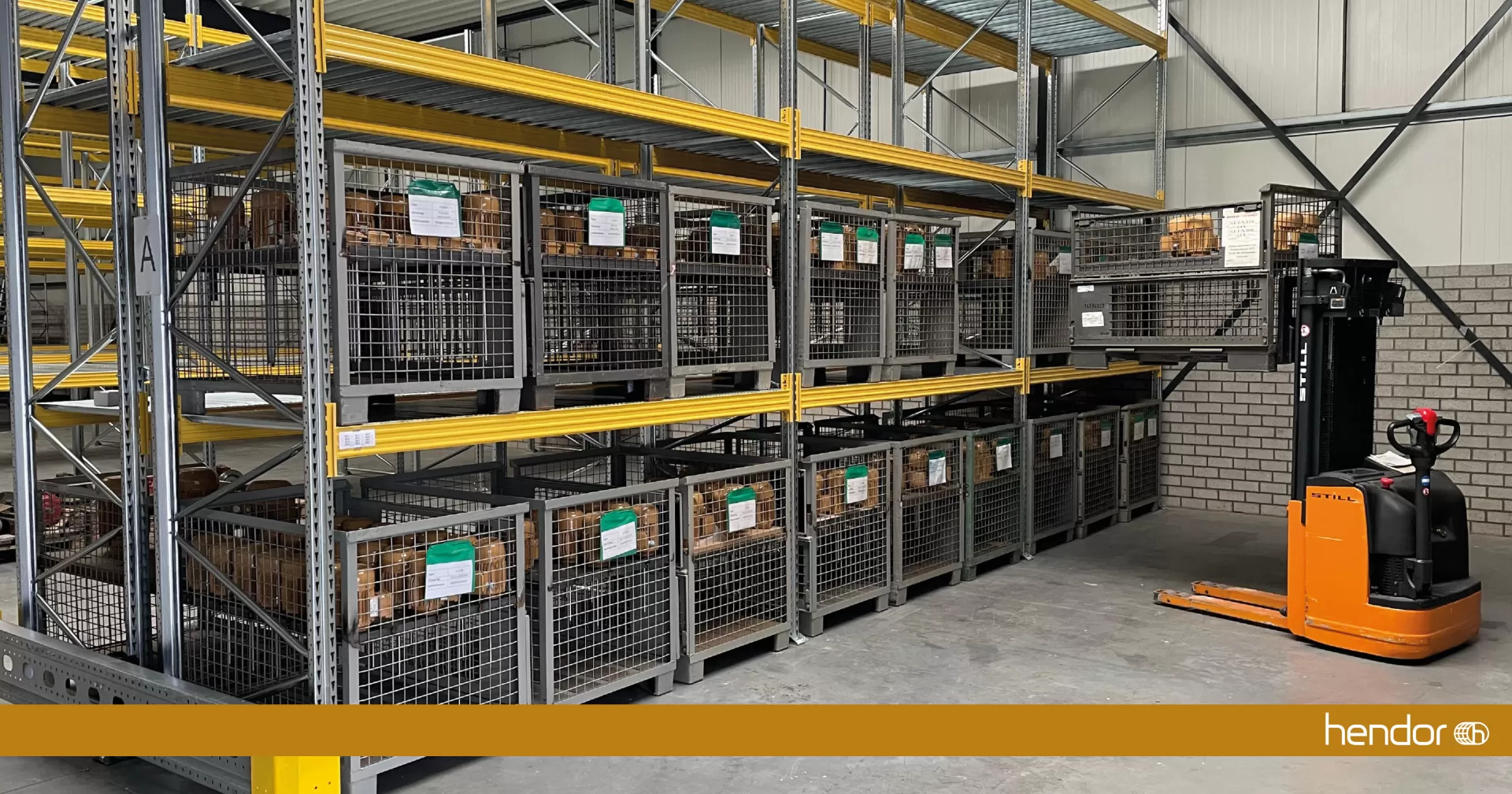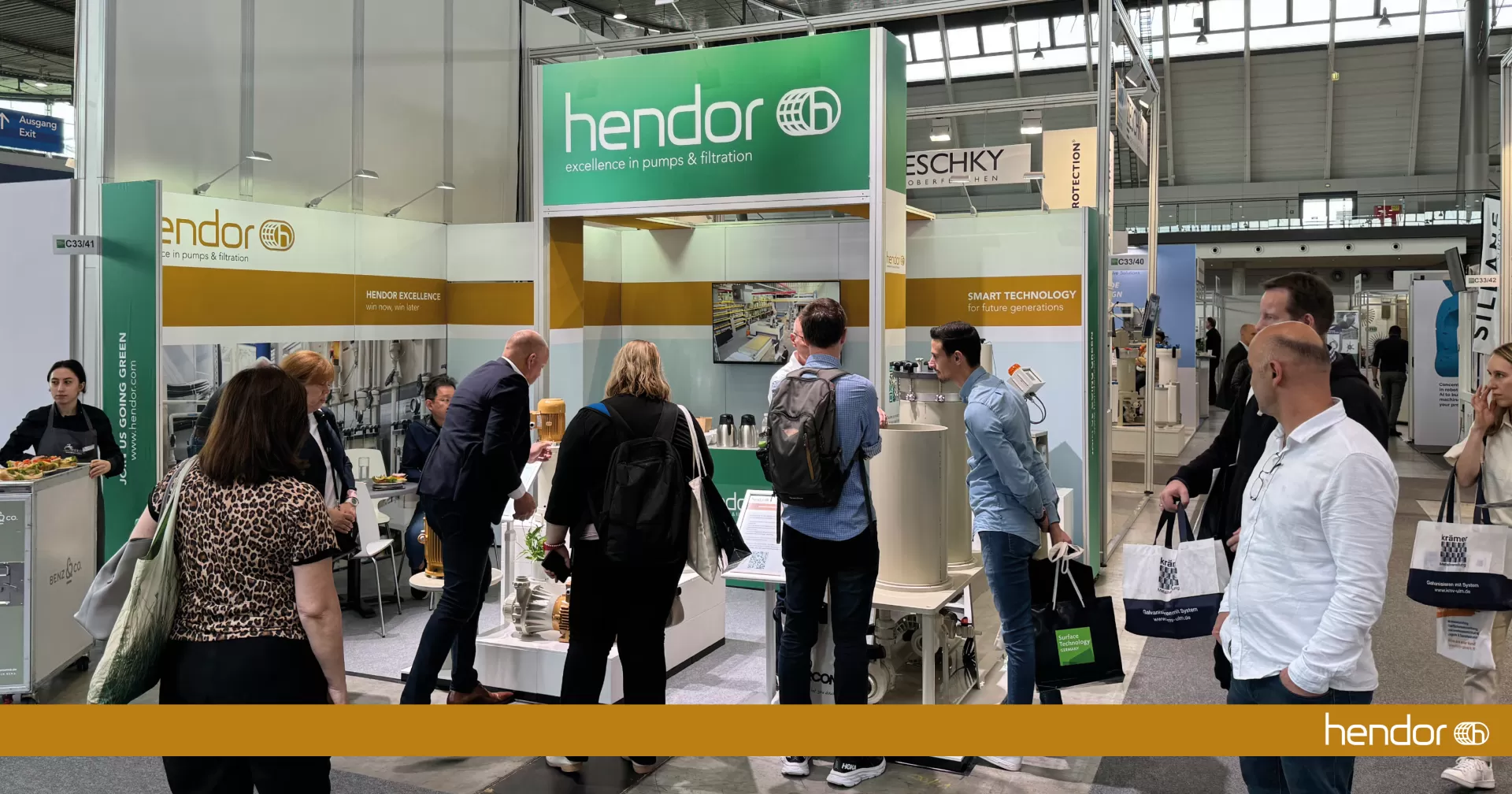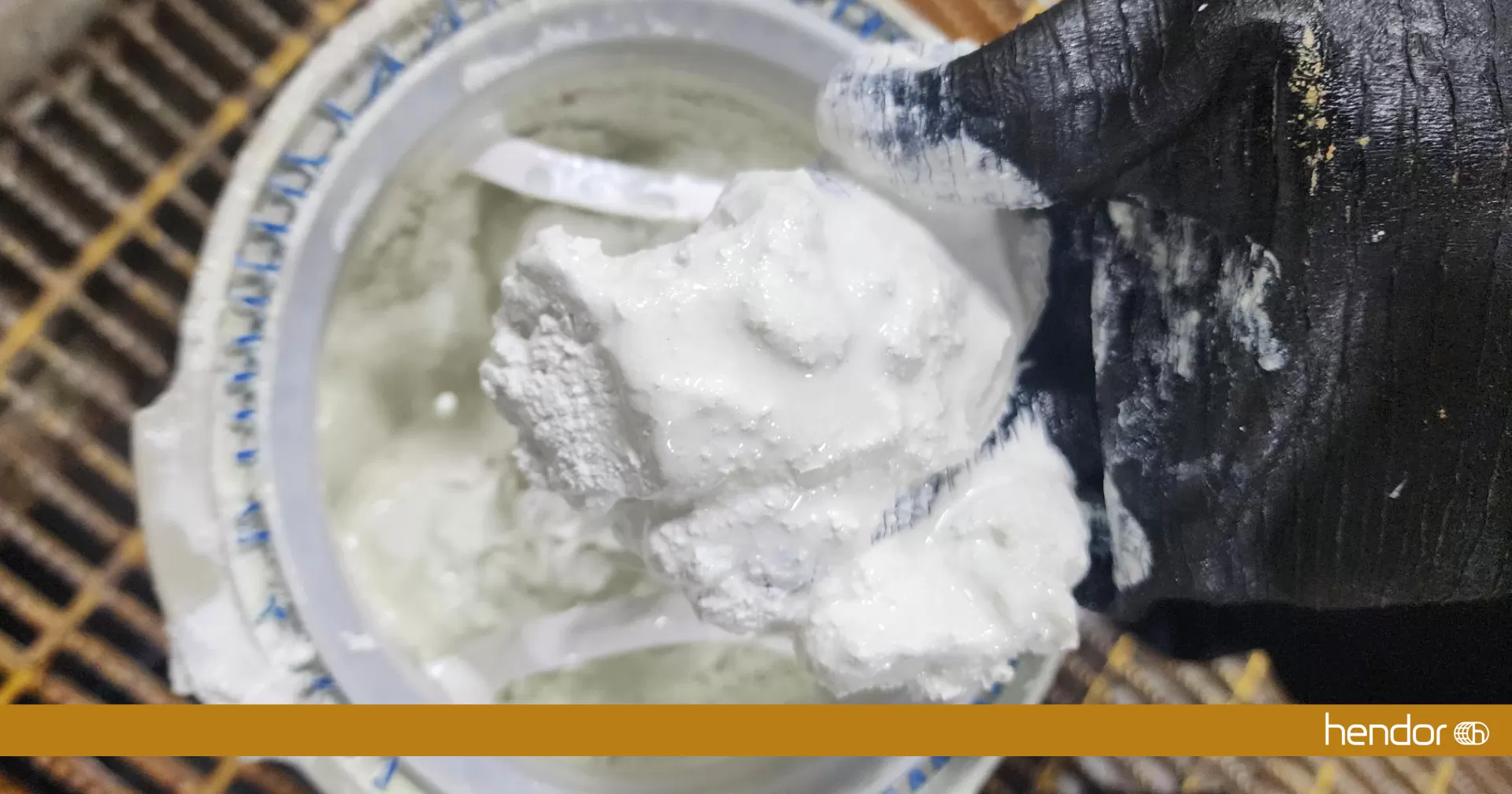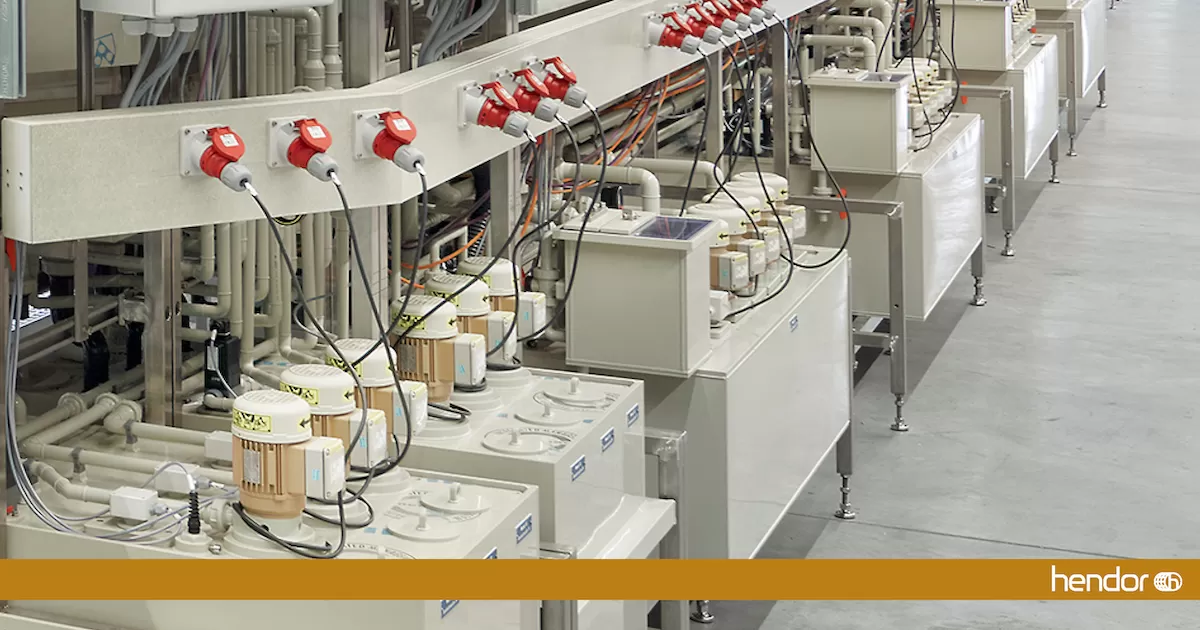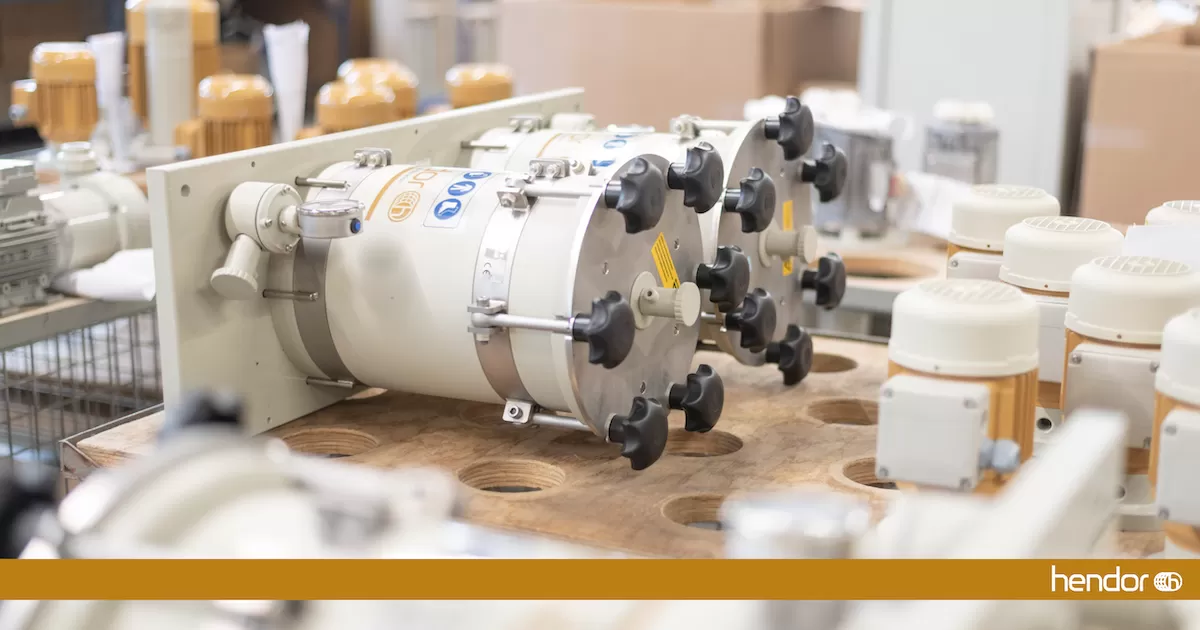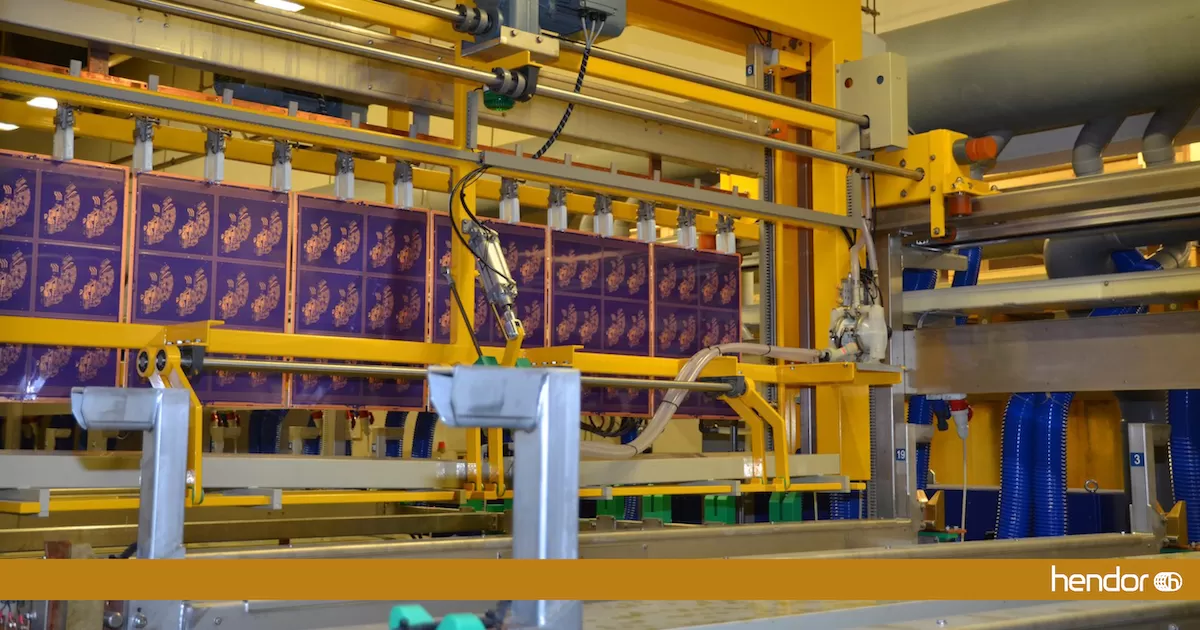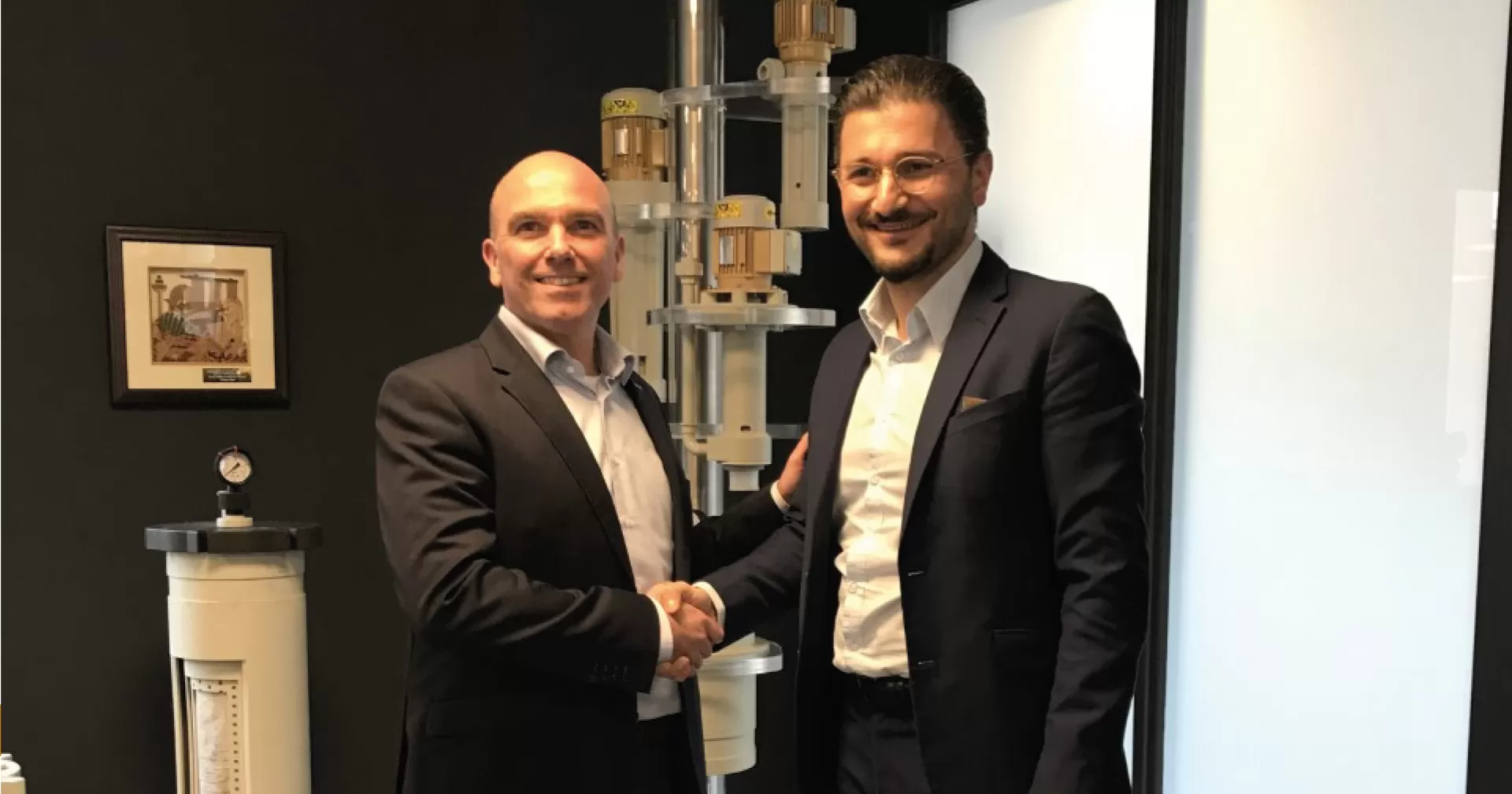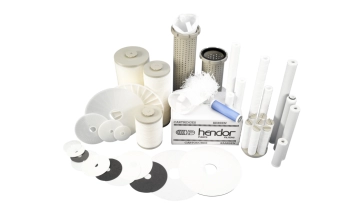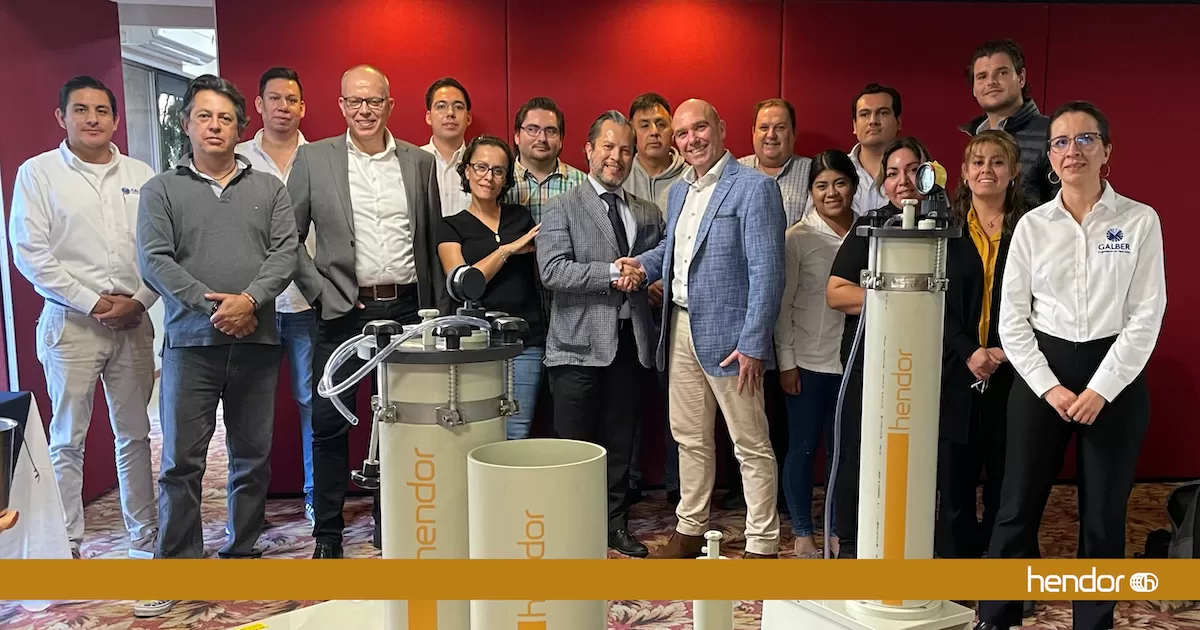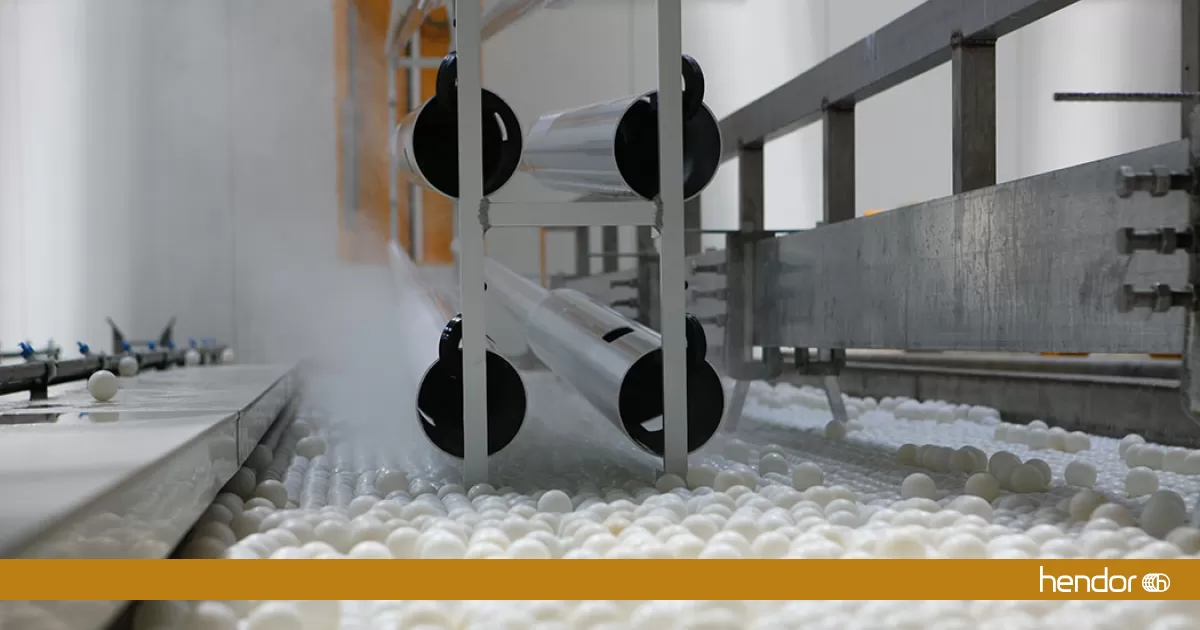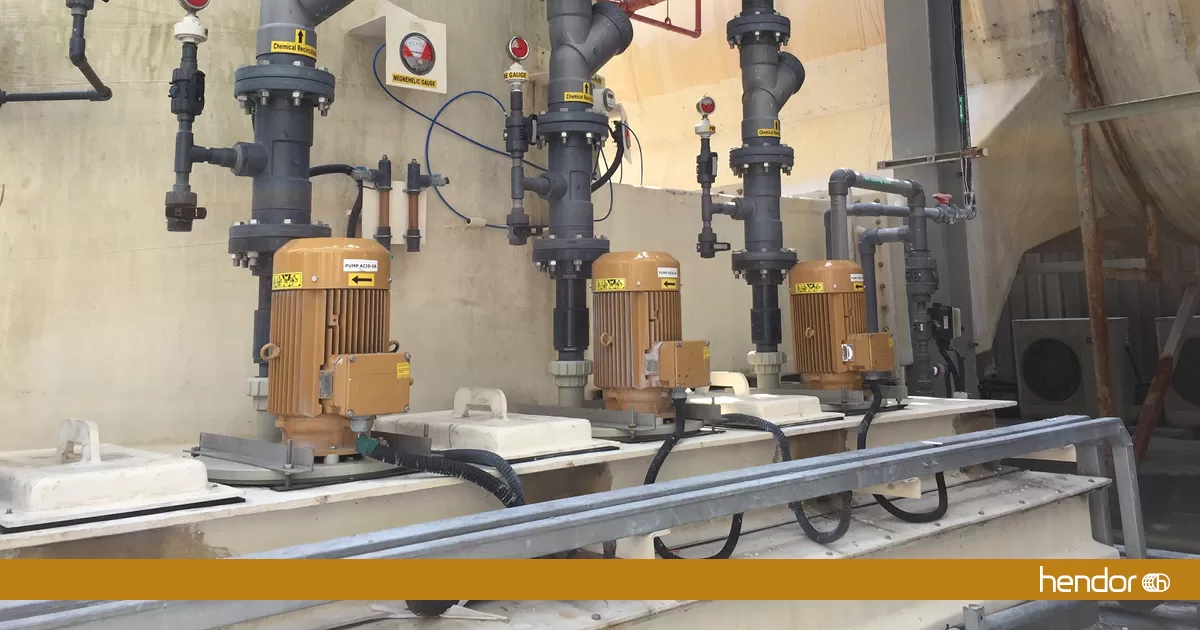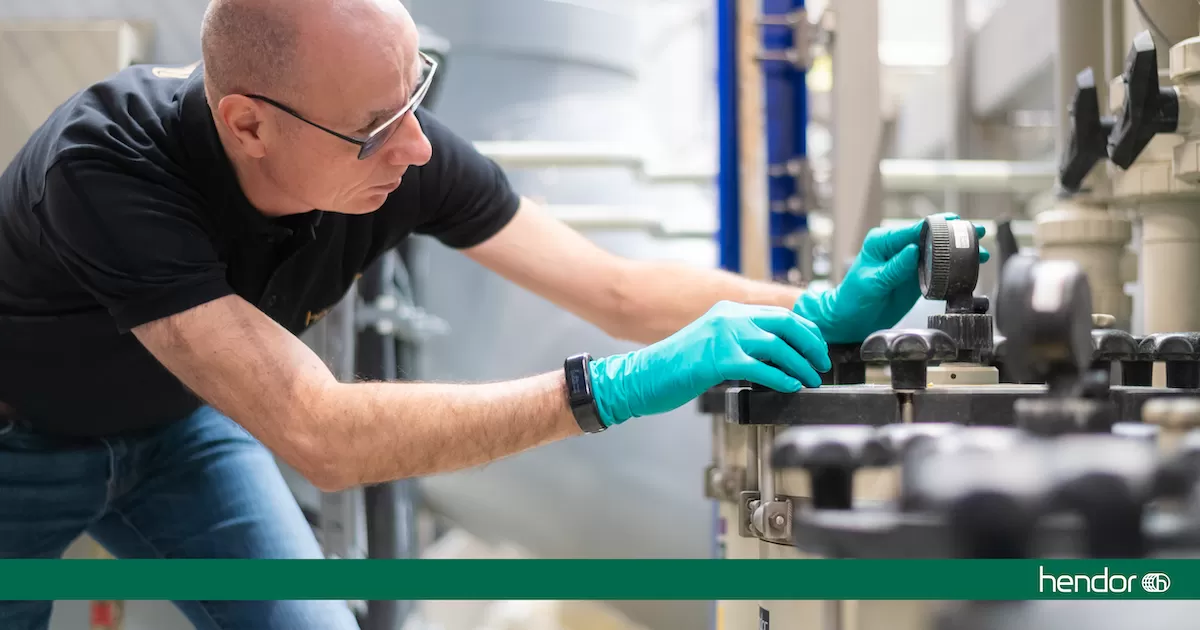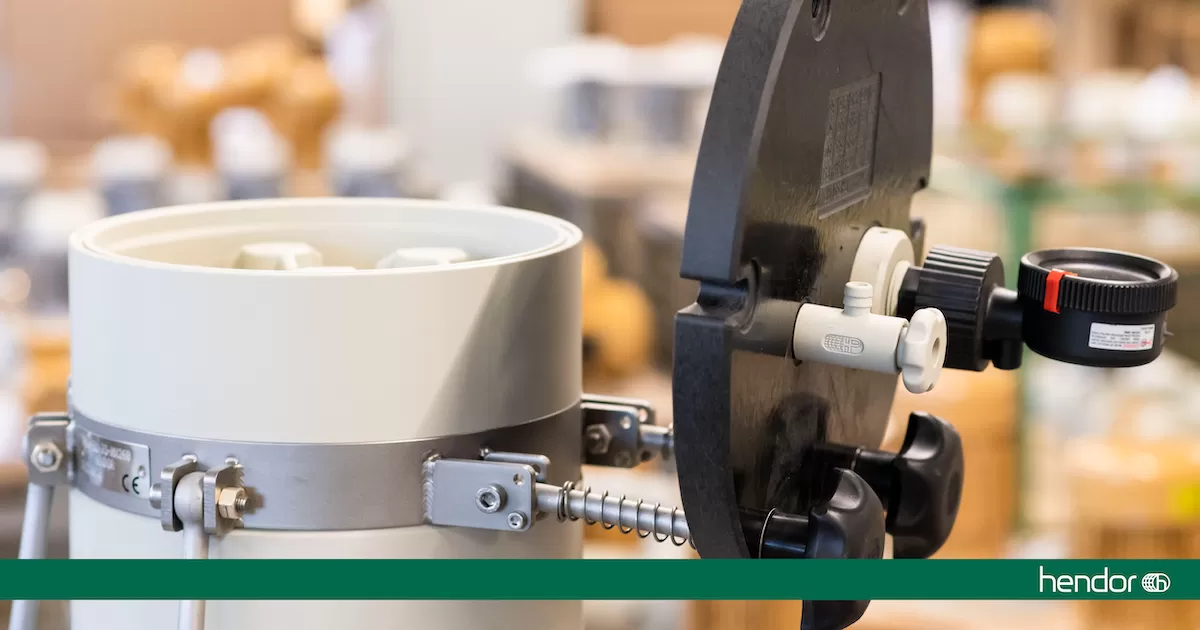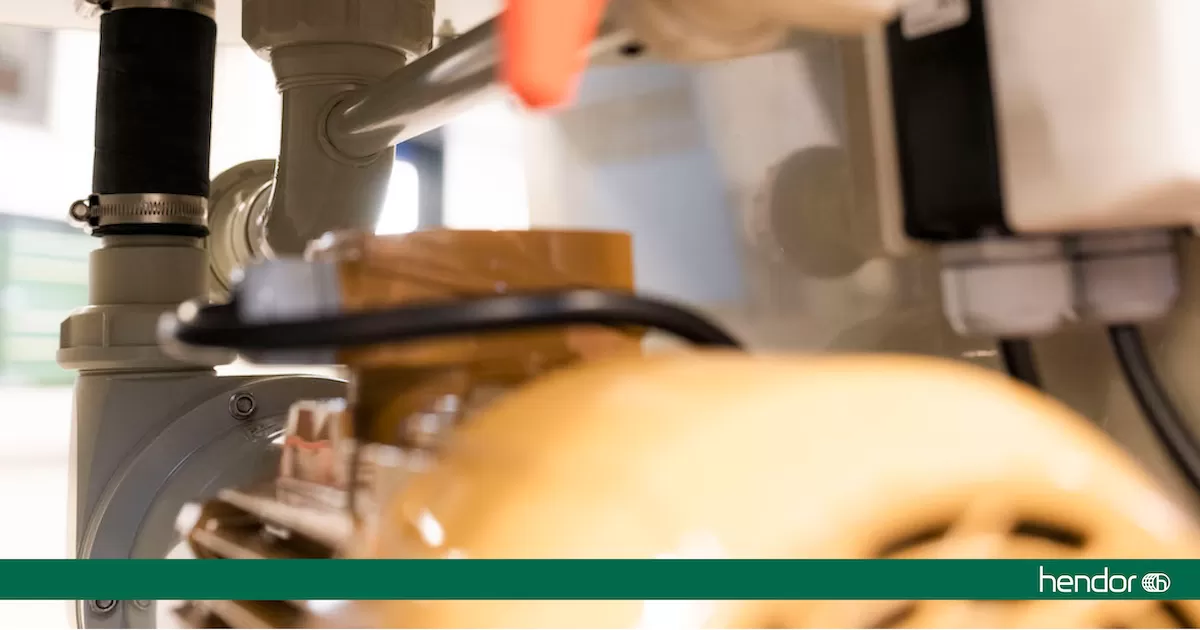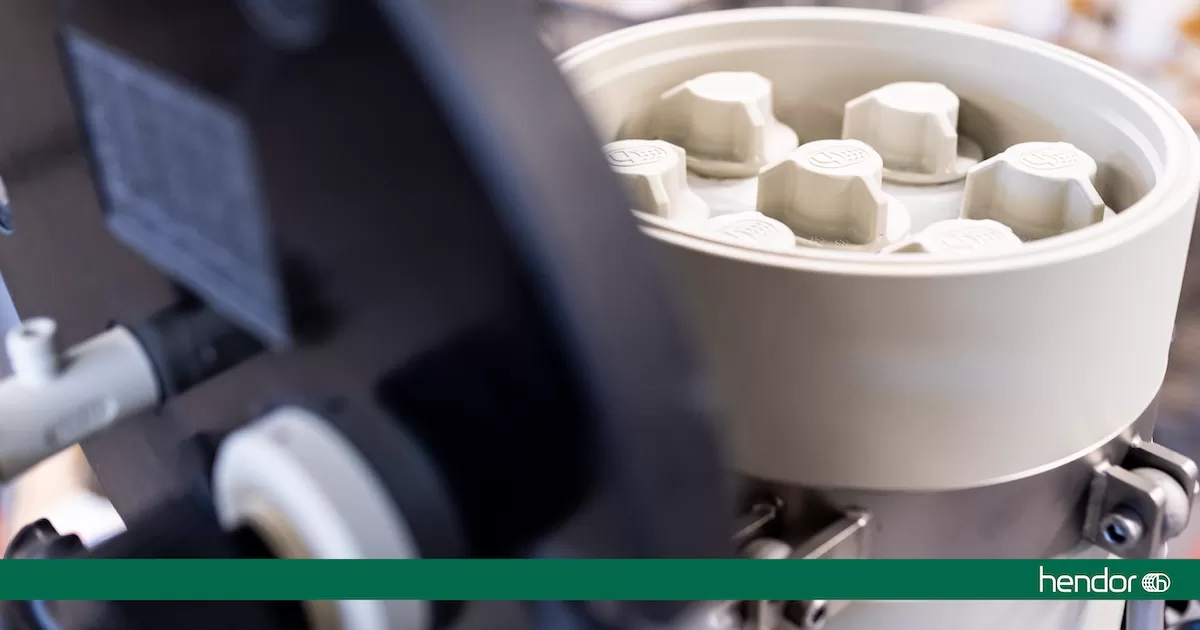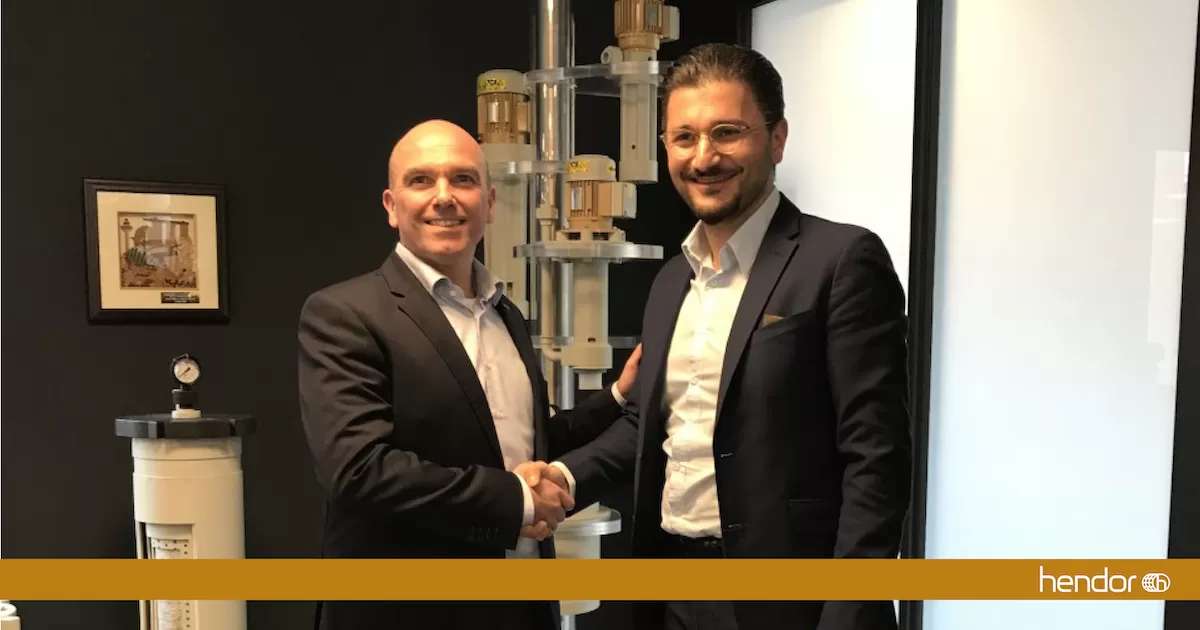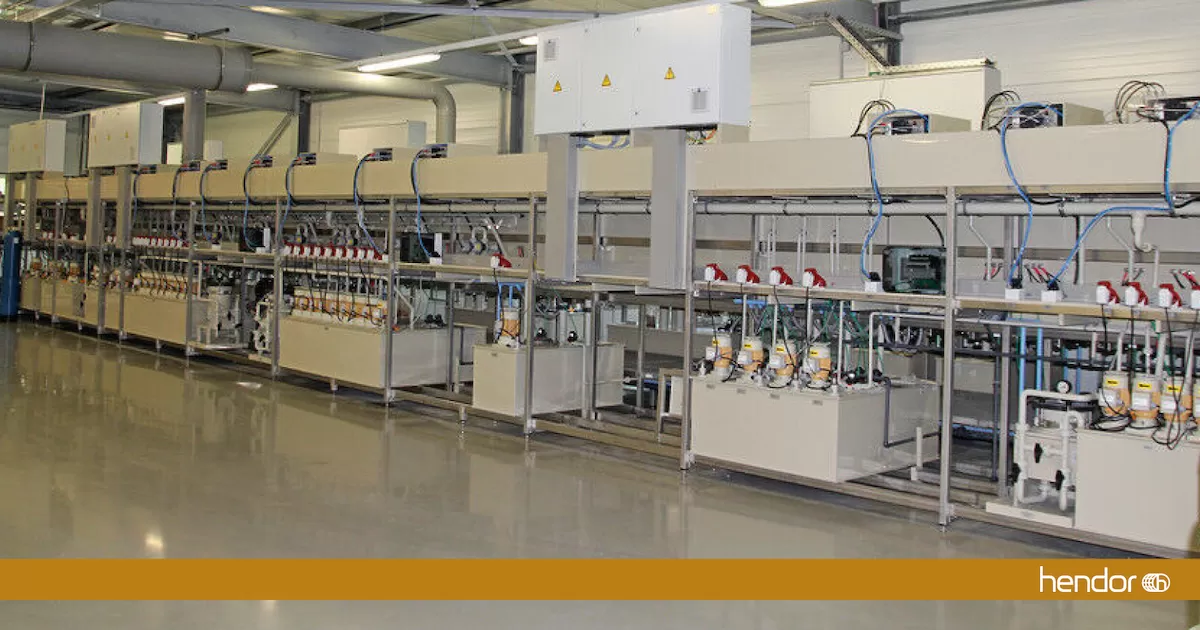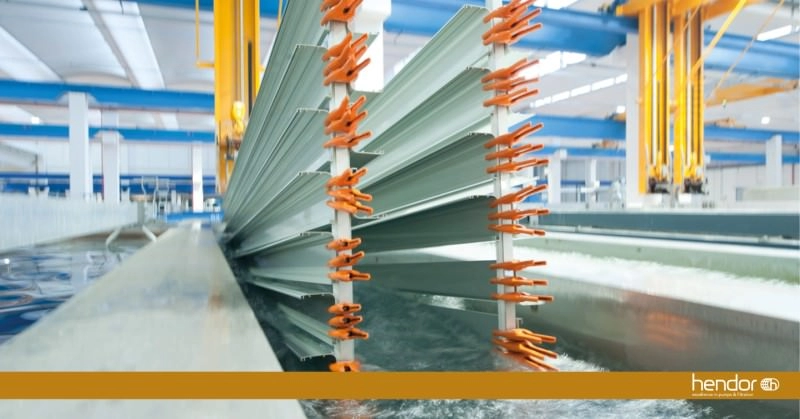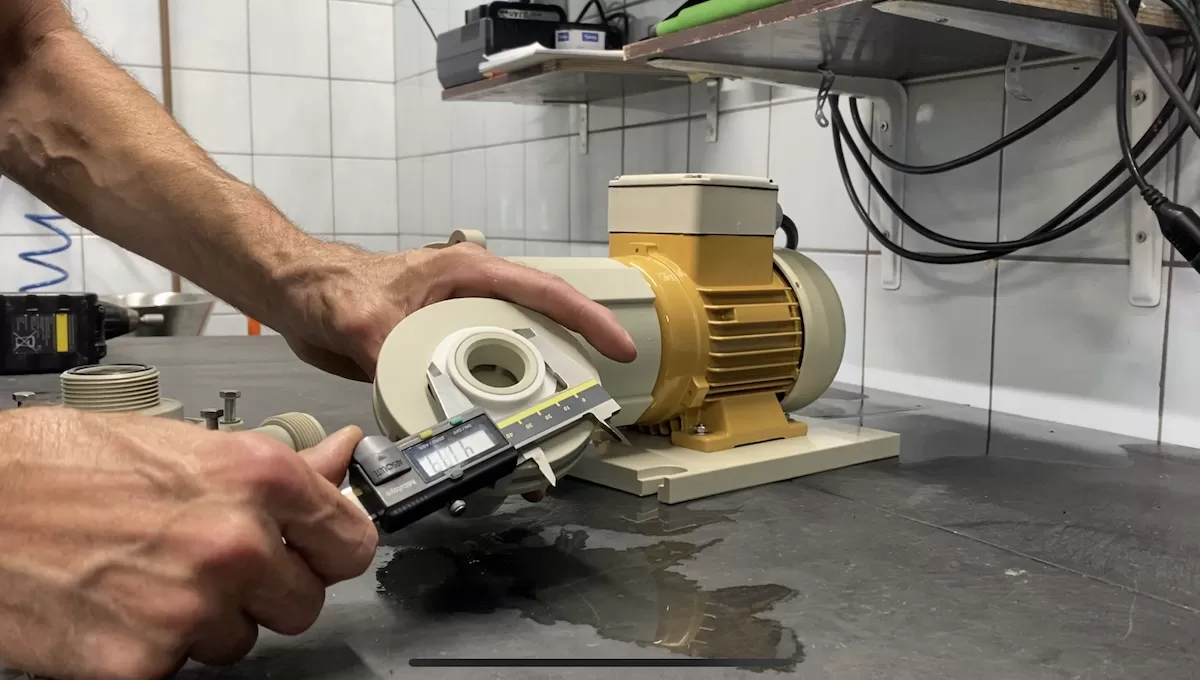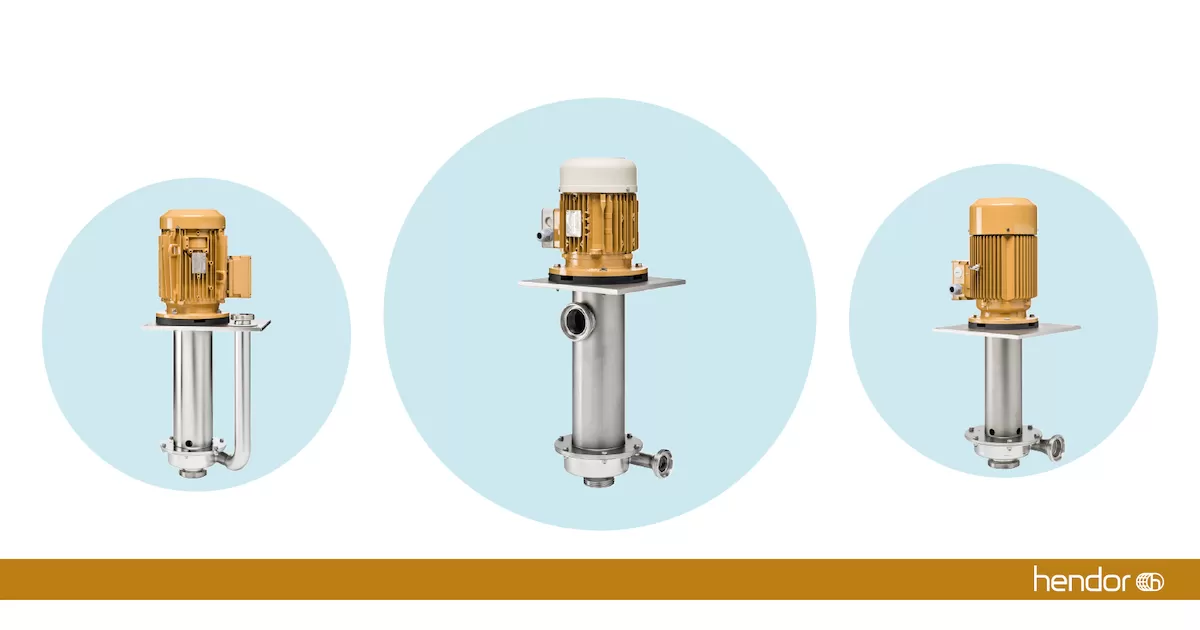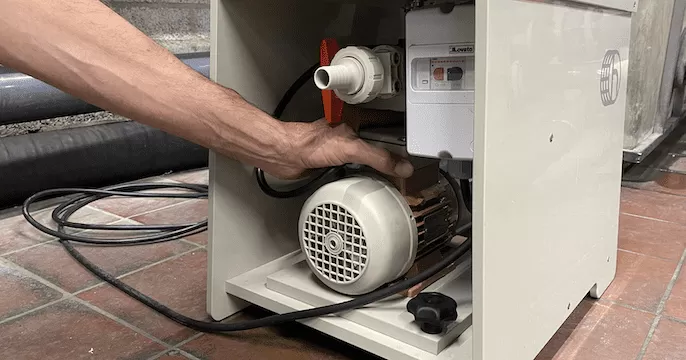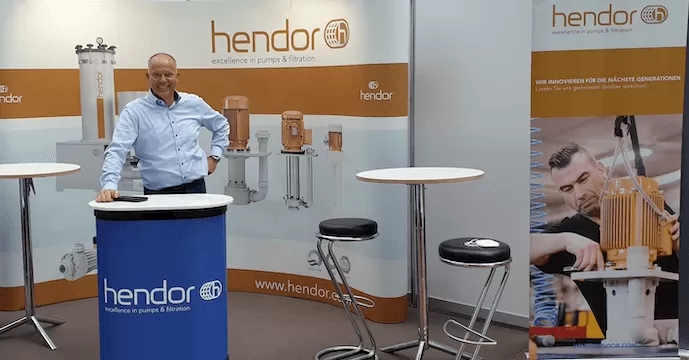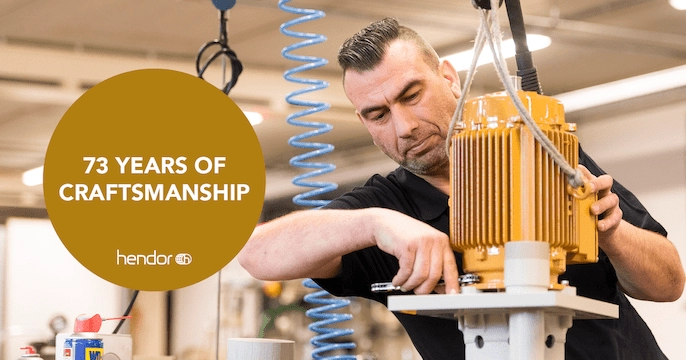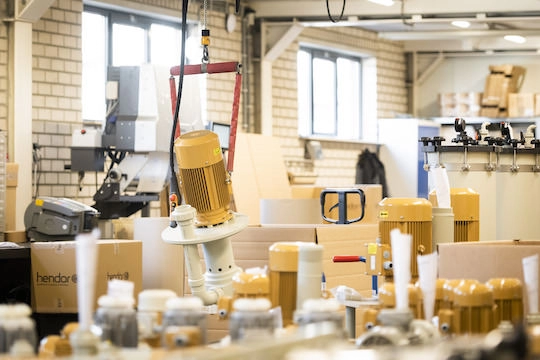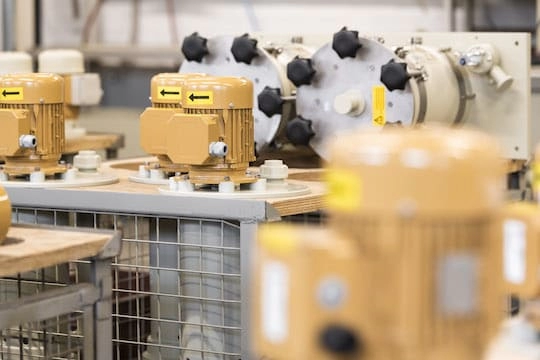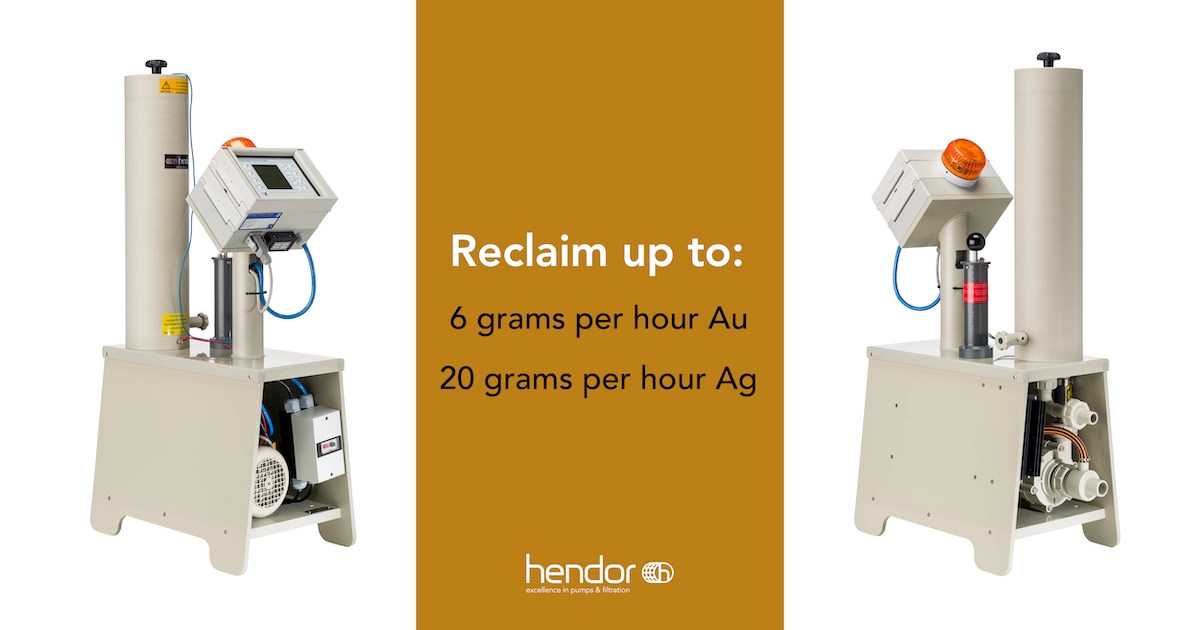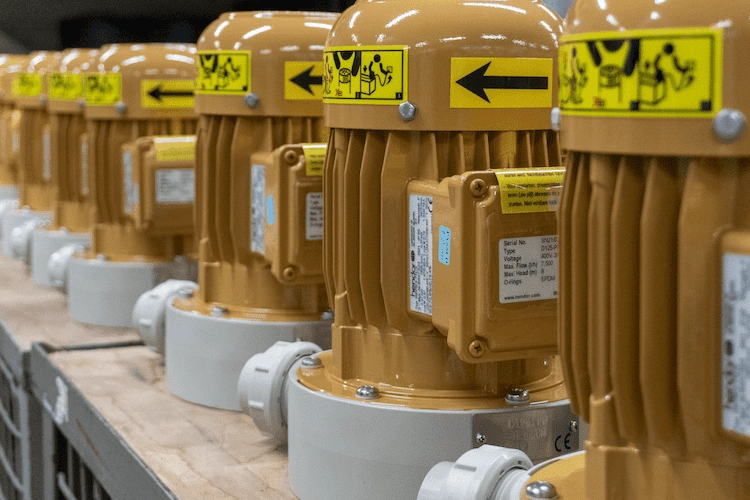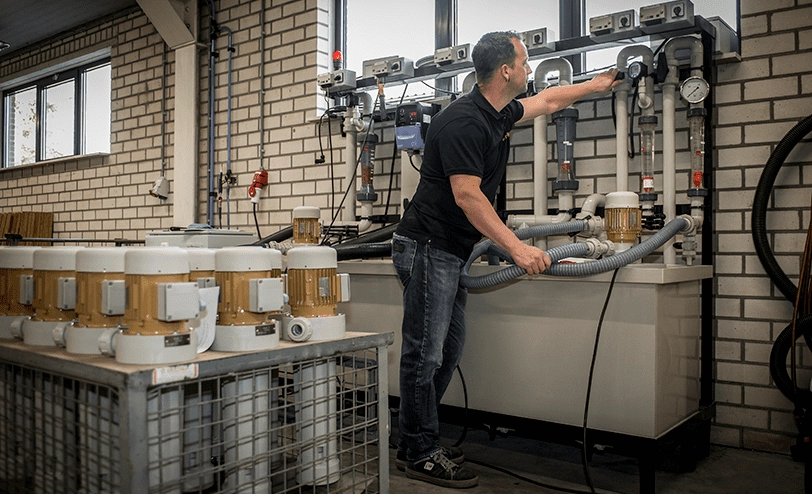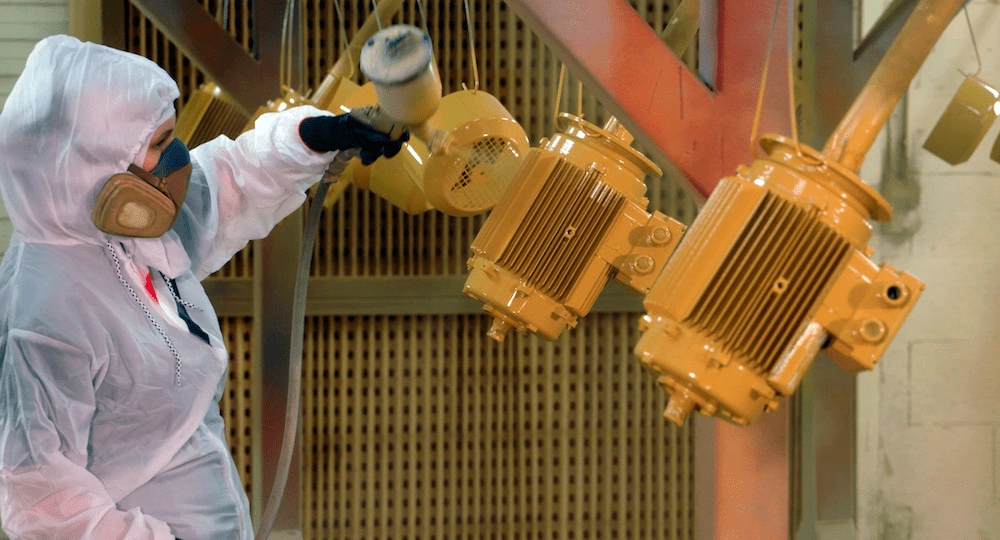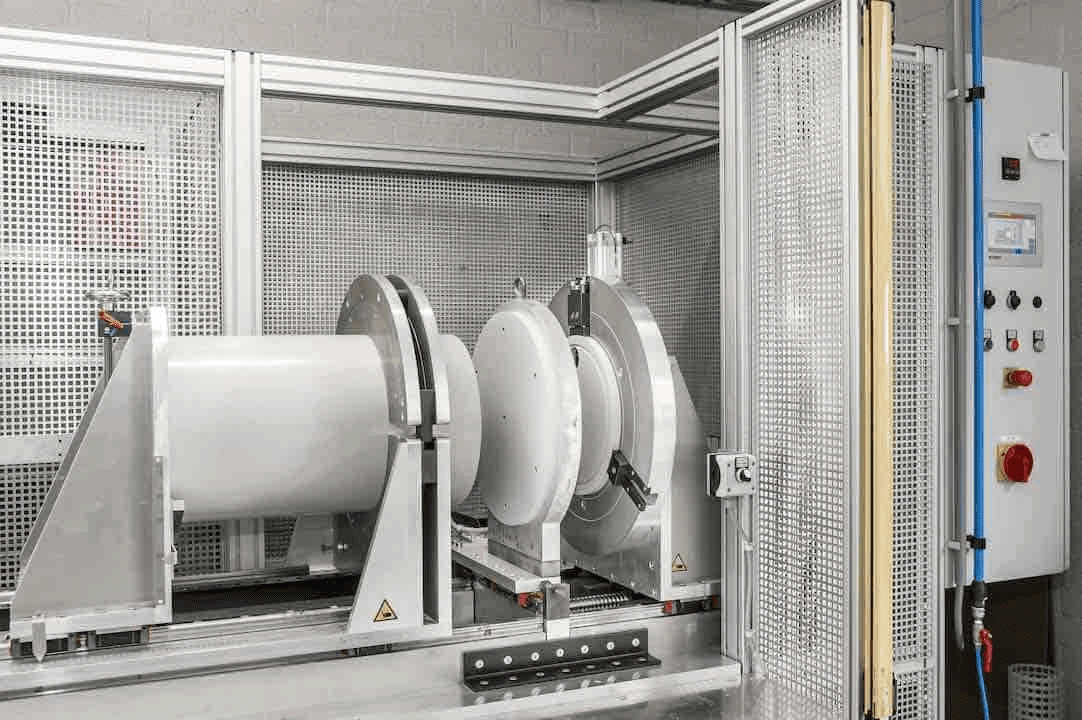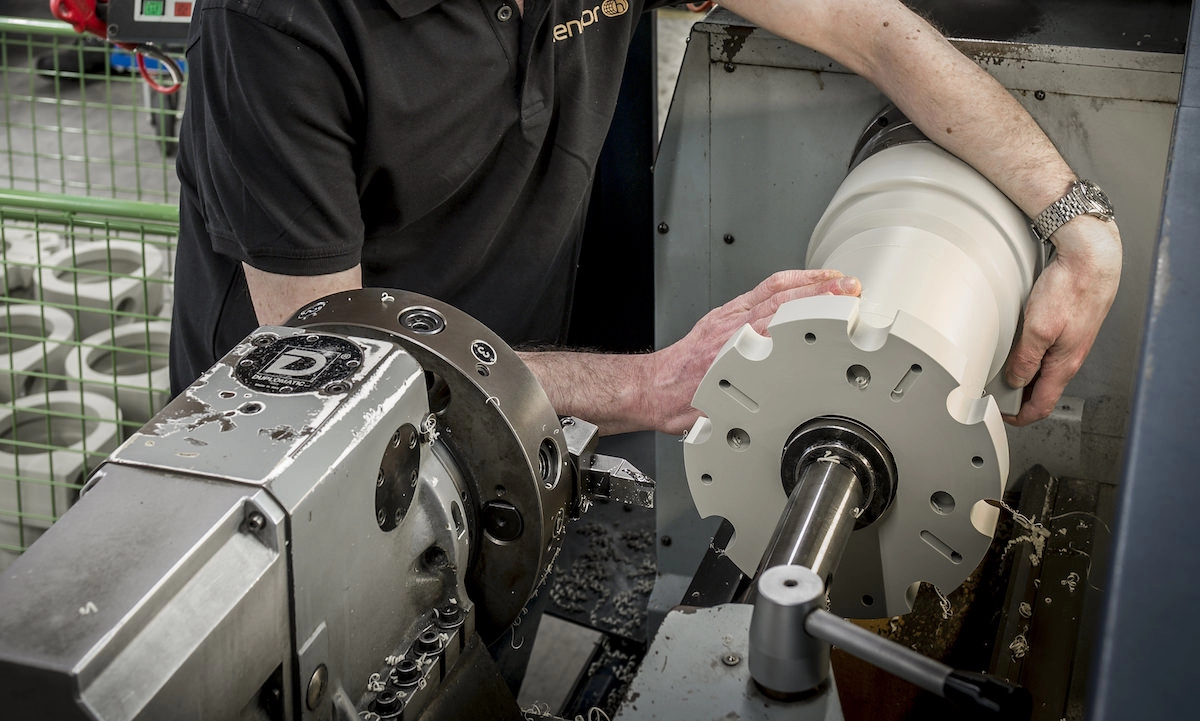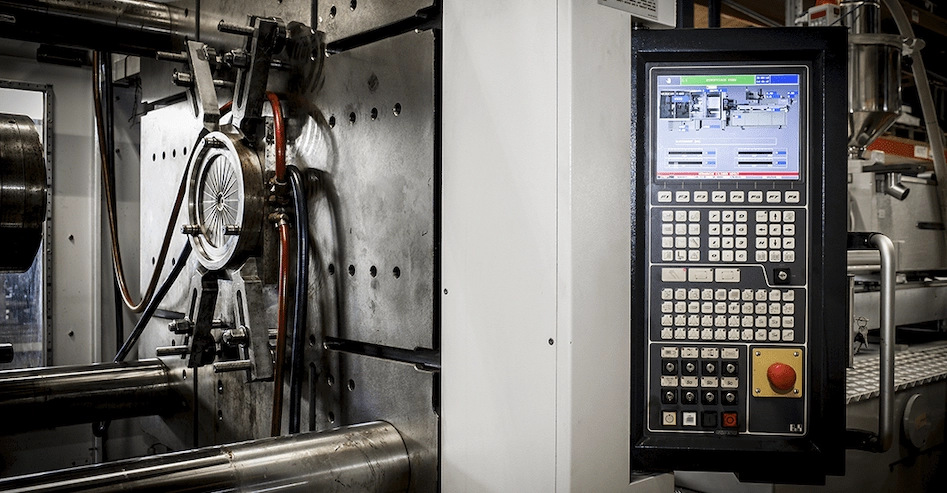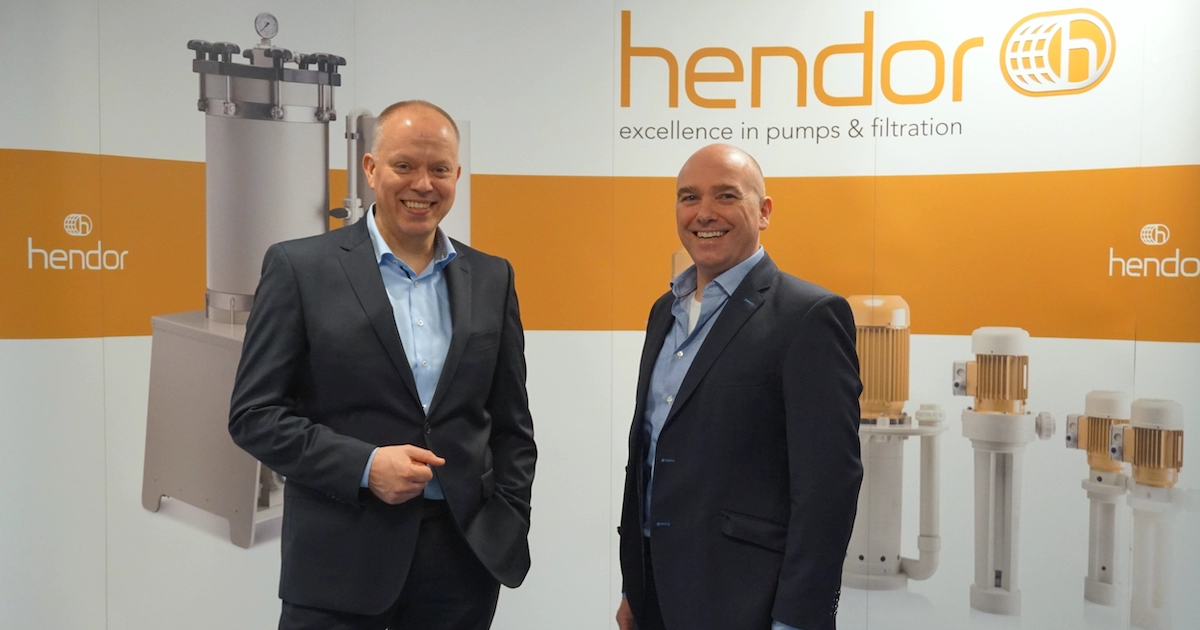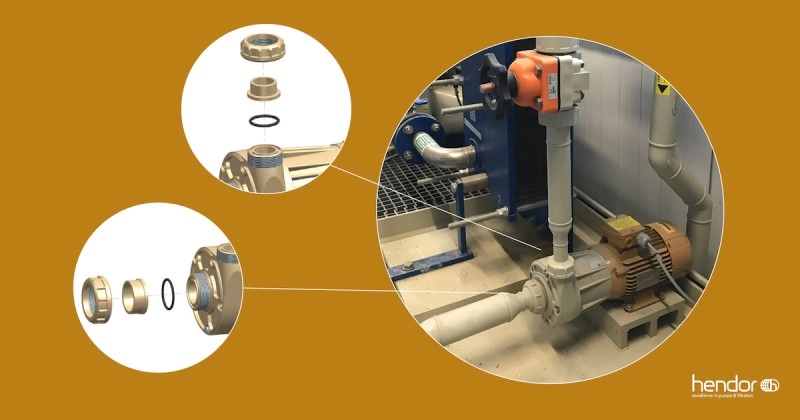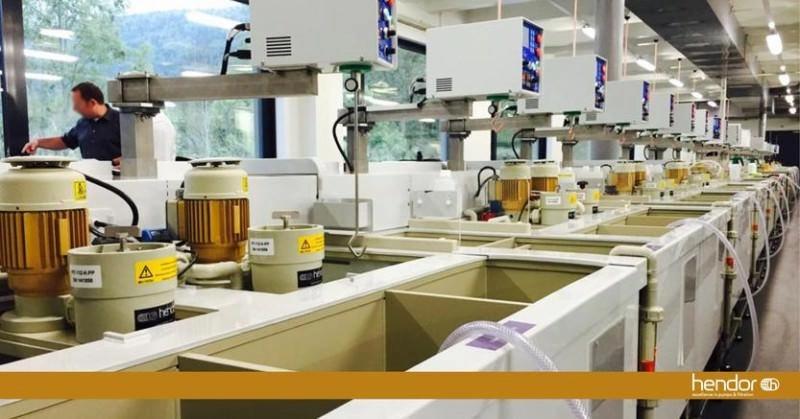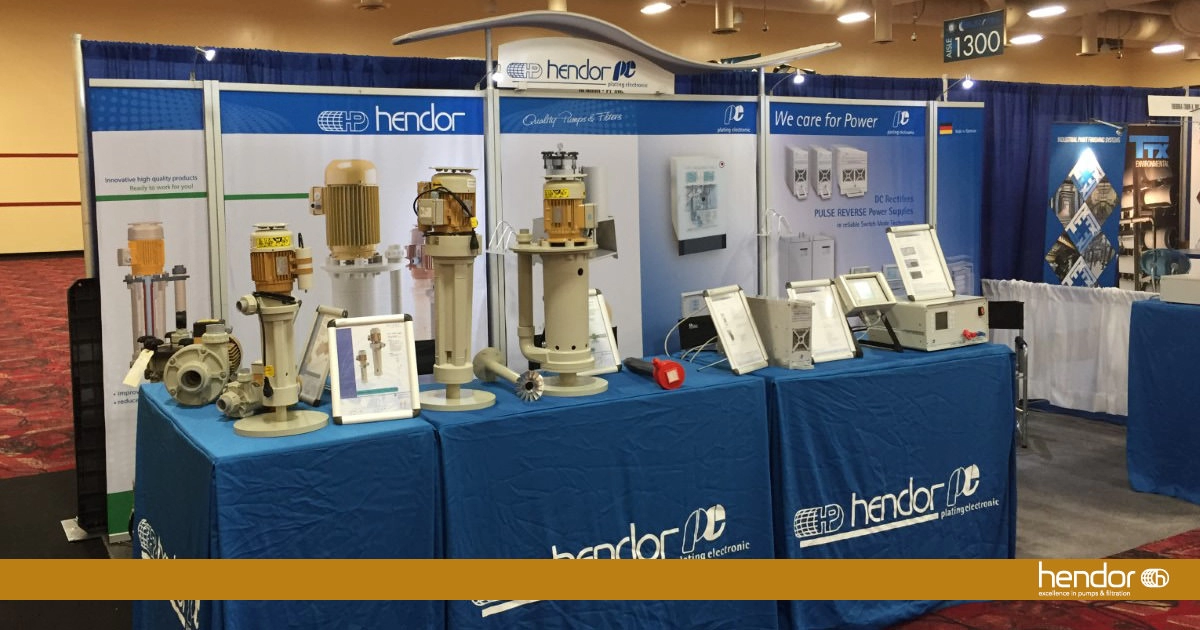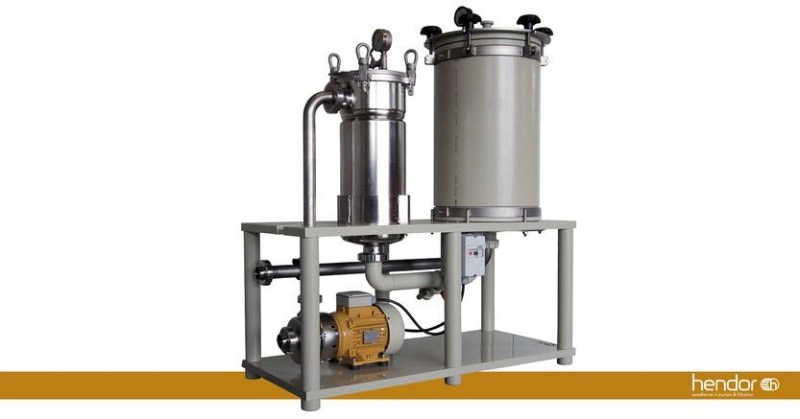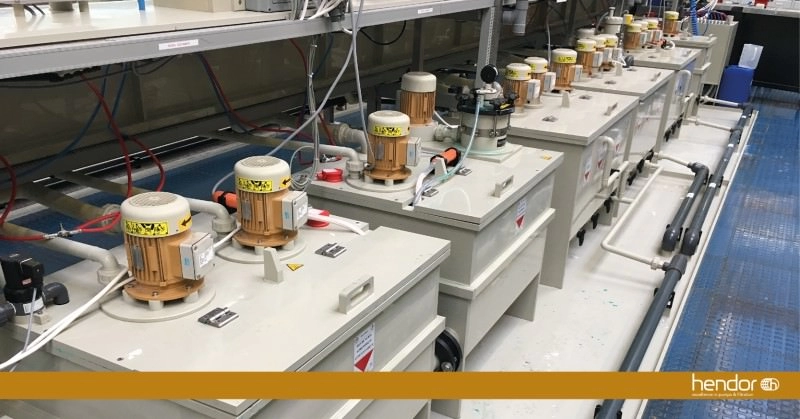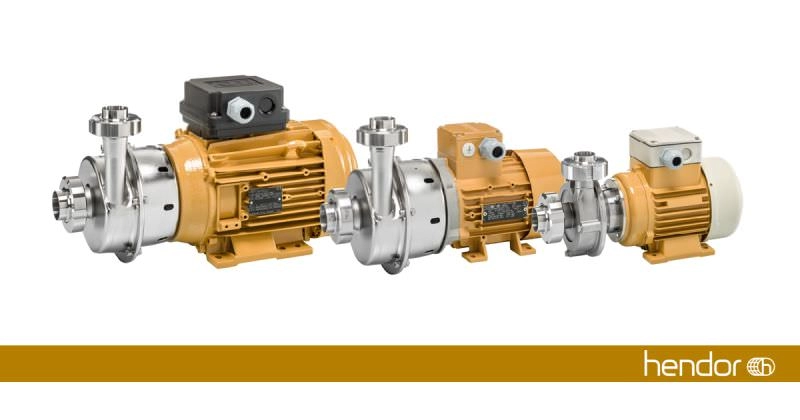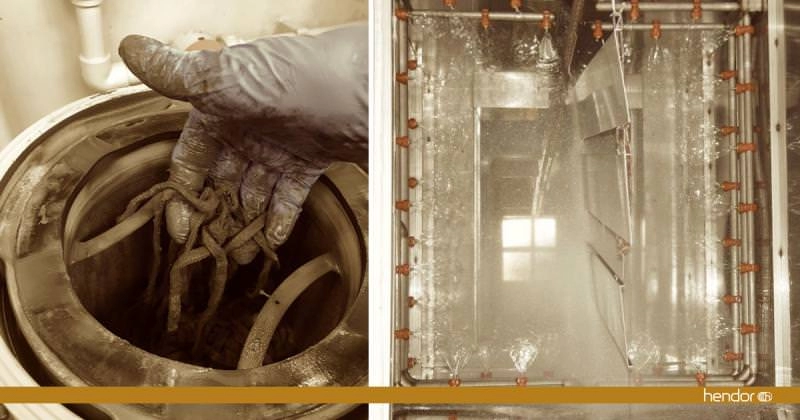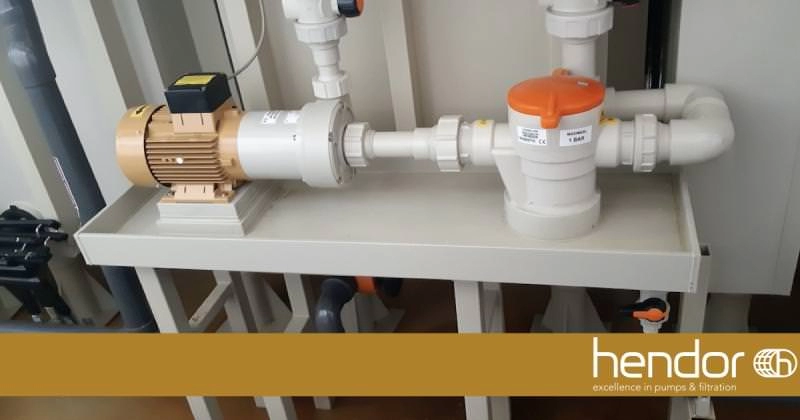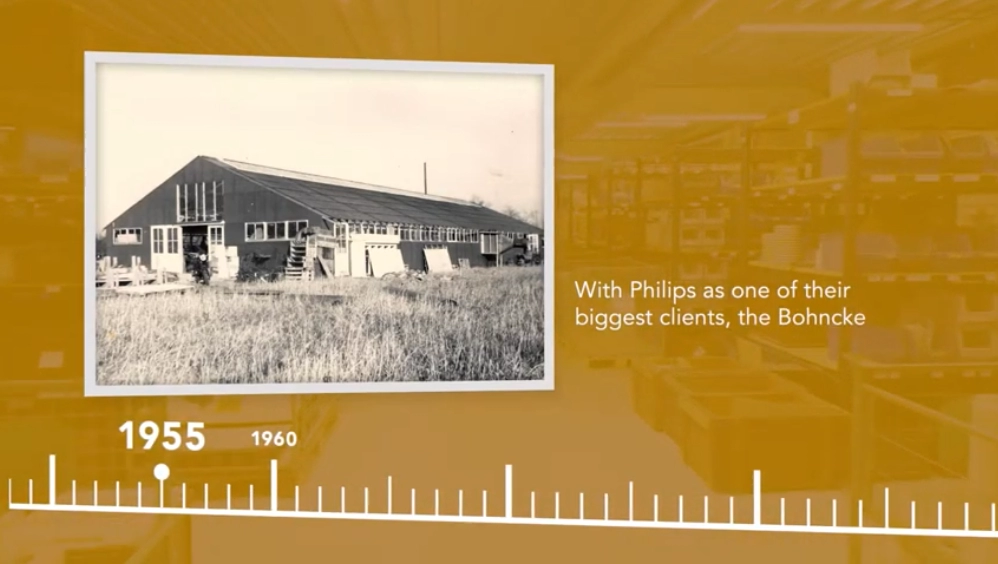11-10-2021
This is why you should inspect your centrifugal pumps weekly
Hendor is known for the pristine quality, reliability, and durability of its chemical filtration systems and centrifugal pumps, guaranteeing a long product service life. As a user, one can extend the service life even more by regular inspection and proper pump maintenance procedures. Hendor engineers its pumps and filters in a way they are repairable from design perspective, as well as long-time availability of spare parts. In this blog, we elaborate on how to enjoy Hendor’s quality at longest with a weekly centrifugal pump inspection.
Disclaimer: your pump inspection should always be performed by an expert. Should you have questions or problems with your chemical pumps or filtration systems, please contact our support team.
Disclaimer: your pump inspection should always be performed by an expert. Should you have questions or problems with your chemical pumps or filtration systems, please contact our support team.
Benefits of frequent pump inspection
Longevity of pumps and filters starts with regular inspections and checks. Hendor recommends its customers to inspect their pumps and filters on a weekly basis. Frequent inspections enable responsible maintenance technicians to notice unusual situations instantly. Furthermore, it will help to get a feeling for how pumps and filters normally perform. It allows for identification of trends and time frames for maintenance needs. Minor deviations from “normal”, that are potentially overlooked during irregular occasional inspection, will stand out to at first glance, once routine has been build. Consequently, corrective actions can be taken at early stage, in order to prevent dangerous situations, consequential damage or (extended) production downtime.
How to perform weekly inspection on your centrifugal pump and chemical filtration system?
Weekly inspection of chemical filtration systems and pumps always should involve 3 basic steps: looking, feeling, and listening. First step is to look for leakages. Second, feel with bare hands or measure with a vibrometer whether a pump is vibrating more than usual. Finally, listen for unusual sounds and noise generated by the pump.
The follow-up after your pump inspection
In case of finding irregularity, at every inspection step the same basic action should be taken: identify the origin of the issue. For example, which specific part is causing the leakage? After finding the specific faulty part, try to undo its faulty behavior -in case of the example- by tighten the nut of a union some extra. This action may already eliminate observed leakage/vibrations/noises. If the taken measure (tightening the nut) does not help, the pump or filter needs to be taken out of service for maintenance or disassembly.
In case needed, consult Hendor for documentation, spare parts or request repair by a Hendor Technician.
Extra tip from our technical director: plan inspections at the middle of the work week. Production is working at regular working conditions and equipment performance is in steady state.
In case needed, consult Hendor for documentation, spare parts or request repair by a Hendor Technician.
Extra tip from our technical director: plan inspections at the middle of the work week. Production is working at regular working conditions and equipment performance is in steady state.

